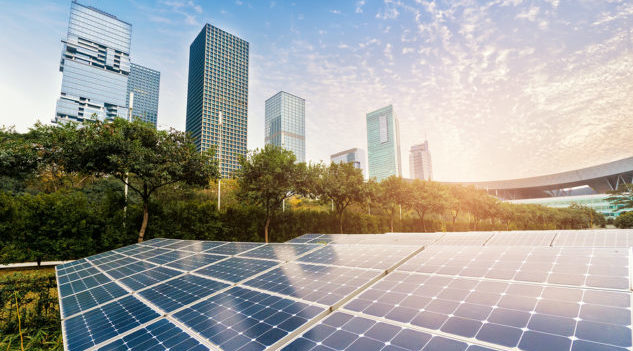The Victorian Chamber of Commerce and Industry has reiterated its call for businesses and the state government to work towards a net-zero economy, with the state having targeted a 95 per cent renewable energy usage rate by 2035.
In its Achieving a Net-Zero Economy: Roadmap for Victorian Businesses report, the Victorian chamber is calling for help in reducing energy prices, ensuring a reliable energy supply, and supporting businesses in the transition to a net-zero economy in order for Victoria to remain competitive against other states and countries.
The Chamber have made a number of recommendations, including a comprehensive renewable energy roadmap that should be prepared by the Victorian government, opportunities for grants, subsidies and incentives for energy-intensive industries, implementation of programs for reskilling workers in existing industries to transition via microcredentials or fast-tracked courses to ensure businesses have the future workforce they will need, and increasing commercial subsidy schemes to incentivise commercial-property owners to install renewable energy infrastructure.
A recent survey revealed that 53 per cent of Victorian businesses believe that the state is not doing enough to invest in renewable energy, dispatchable energy and energy infrastructure, while 75 per cent of businesses felt they were not getting enough support with the increased cost of energy in the state.
“The energy crisis is one of the biggest challenges businesses are facing in 2023,” Victorian Chamber of Commerce and Industry Chief Executive Paul Guerra said. “That’s why the Victorian Chamber is taking a proactive approach to raise awareness and provide practical solutions to reduce costs, ensure reliable energy supply and support businesses transition to a net-zero economy.”
“The transition to net-zero presents a unique opportunity for industry and the Victorian economy,” Guerra added. “It is imperative that Victorian business and the State Government take a leadership role and use the transition to a net-zero economy as an opportunity to drive economic growth.
“Reducing emissions is about more than the environment; the renewable energy manufacturing sector could and should be a key component of Victoria’s manufacturing future,” Guerra continued. “We have some of the best, if not the best, conditions for producing renewable energy in the world so we should be grasping this opportunity with both hands.
“By adopting our roadmap, we believe the Victorian Government can effectively attract private investment, reduce energy prices, ensure the supply of energy, and support businesses in transition to a net-zero economy,” Guerra concluded.















